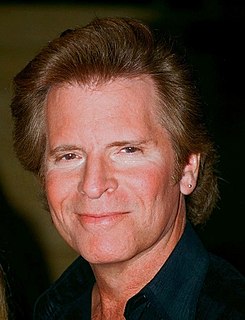A Quote by T. S. Eliot
The river itself has no beginning or end. In its beginning, it is not yet the river; in the end it is no longer the river. What we call the headwaters is only a selection from among the innumerable sources which flow together to compose it. At what point in its course does the Mississippi become what the Mississippi means?
Related Quotes
Clearly we're in historic times here. We have - one of the tributaries of the Mississippi River is a river called the Merrimack. And the crest areas there - they're going to be a number of feet, 2, 3, 4, over what they were in '93 or '82. And on the Mississippi River itself, down below St. Louis, we're still projecting a couple of feet over that historic number. So the bottom line is there's a significant amount of water that's causing evacuations and challenges throughout that whole area.
It's hard to see a river all at once, especially in the mountains. Down on the plains, rivers run in their course as straightforward as time, channeled toward the sea. But up in the headwaters, a river isn't a point where you stand. In the beginnings of the river, you teeter on the edge of a hundred tiny watersheds where one drop of water is always tipping the balance from one stream to another. History changes with each tiny event, shaping an outcome that we can only fully grasp in hindsight. And that view changes as we move farther downstream.
Be wild; that is how to clear the river. The river does not flow in polluted, we manage that. The river does not dry up, we block it. If we want to allow it its freedom, we have to allow our ideational lives to be let loose, to stream, letting anything come, initially censoring nothing. That is creative life. It is made up of divine paradox. To create one must be willing to be stone stupid, to sit upon a throne on top of a jackass and spill rubies from one’s mouth. Then the river will flow, then we can stand in the stream of it raining down.





































